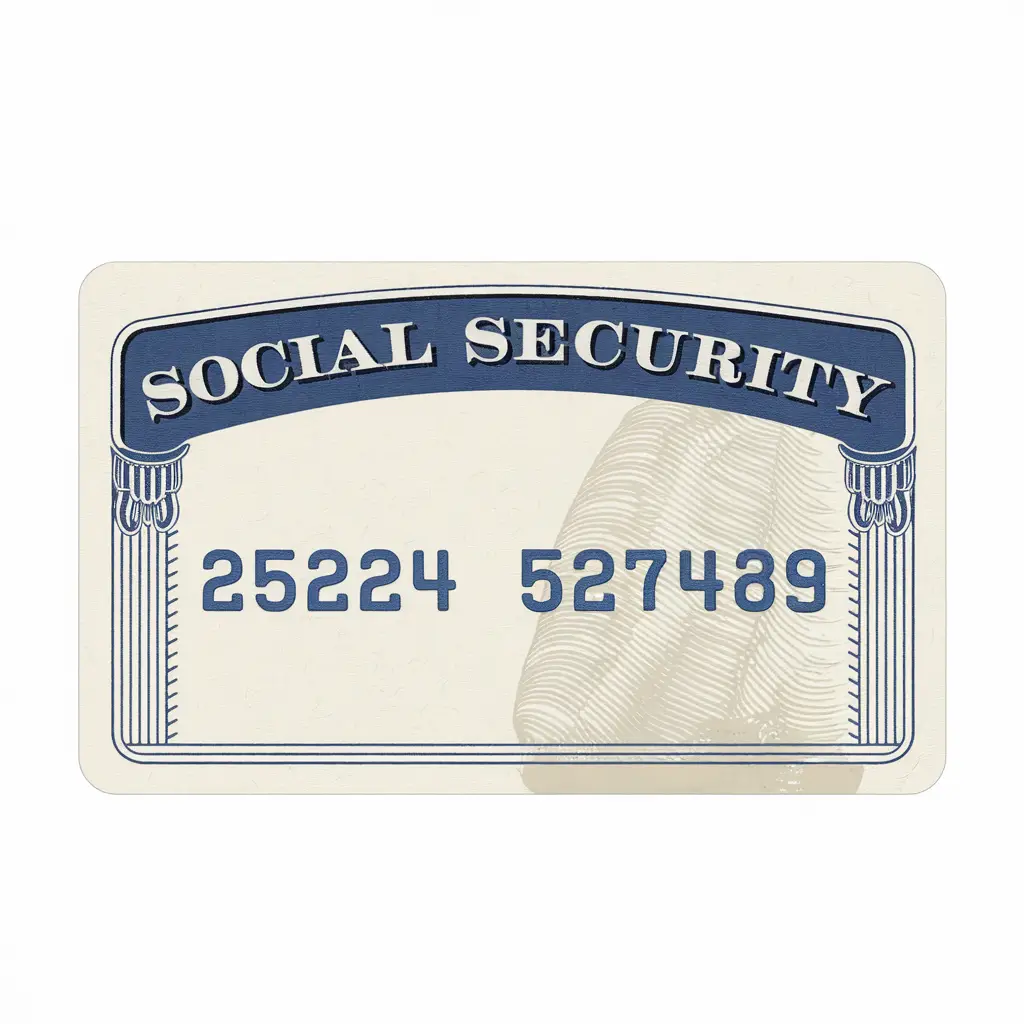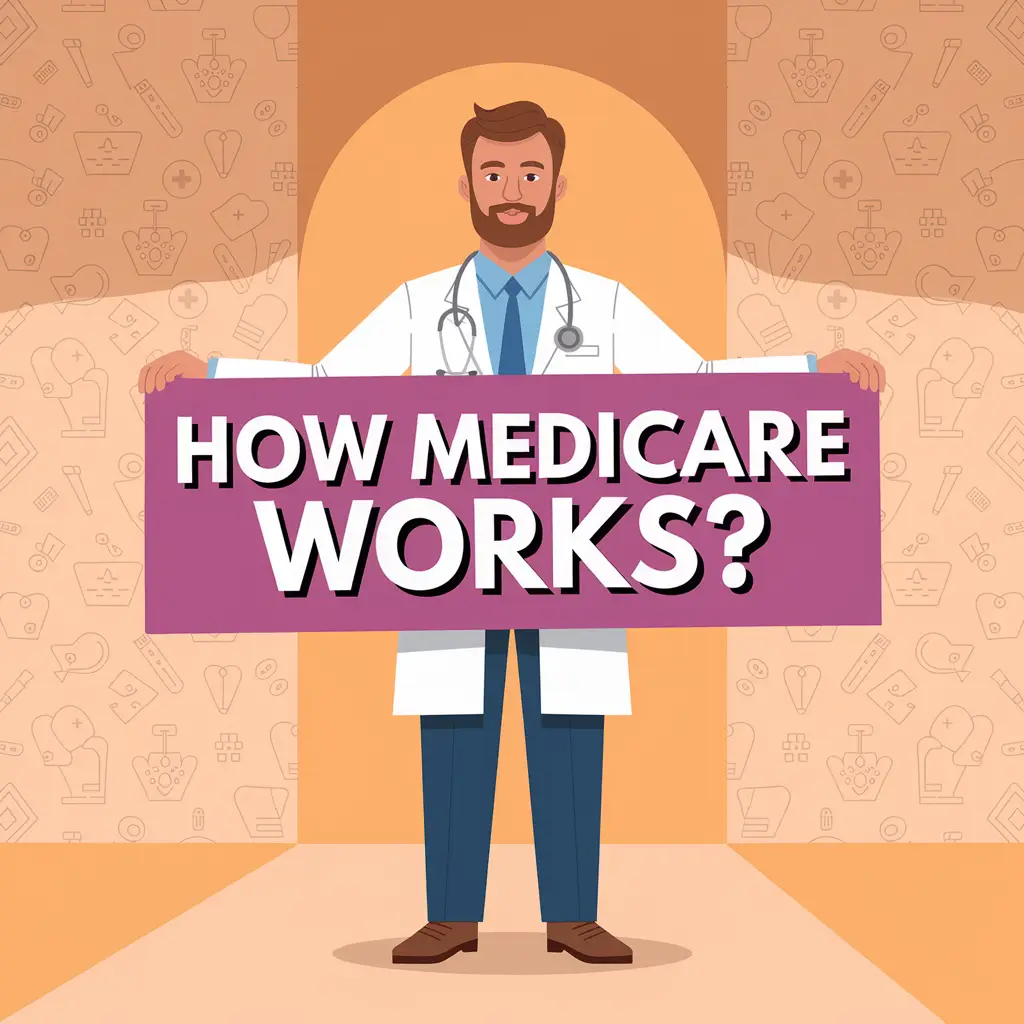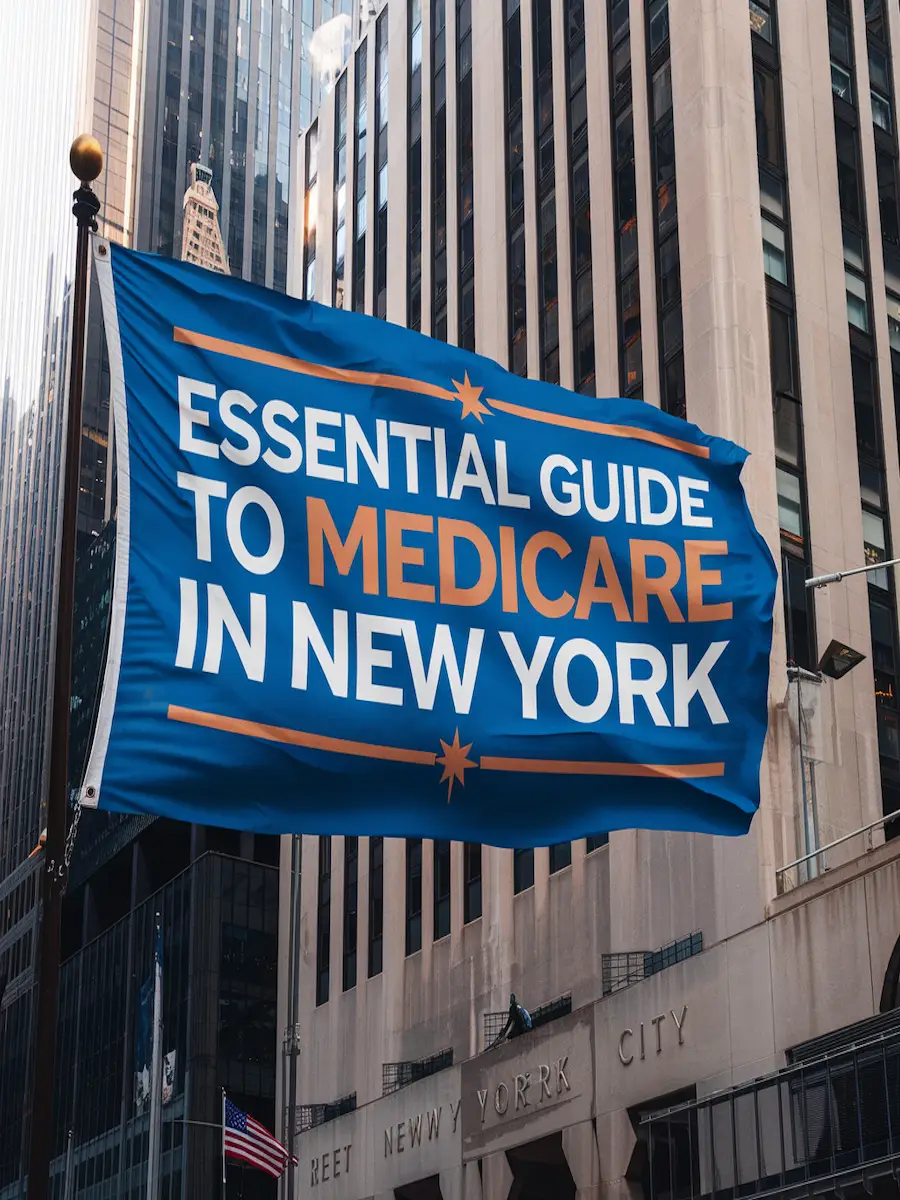
Medicare coverage Long Term Care. Many adults will need some type of long-term care in their lifetime. It’s not always clear whether it’s covered or not. If you or a loved one have Medicare, you might be wondering about your options regarding long-term care should you need it down the road. In this post, we’ll address what type of long-term care is covered, who is eligible to receive coverage, and how to get help paying for it.
What types of long-term care does Medicare cover?
Skilled nursing facilities- A skilled nursing facility (SNF) can provide medical or health-related services from a professional or technical staff to monitor, manage, or treat a health condition. Staff at an SNF include professionals such as registered nurses, physical therapists, occupational therapists speech-language therapists, and audiologists. Examples of when someone might need SNF care include, recovering from an acute health condition. Some conditions are a heart attack or stroke physical or occupational therapy after an injury, or surgery care that requires intravenous medications, such as after a severe infection or long illness Medicare Part A covers short stays at an SNF.
Here is the breakdown of covered costs depending on the length of stay. Now, Days 1 through 20: Part A pays the entire cost of any covered services. Days 21 through 100: Part A pays for all covered services, but you’re now responsible for a daily coinsurance payment. For 2022, this is $194.50 per day. After 100 days: Part A pays nothing. You’re responsible for the entire cost of SNF services. Medicare Part C (Medicare Advantage) and Medicare Supplement (Medigap) plans may cover some of the costs not covered by Part A. When you’re deciding what type of Medicare plans to enroll in, it’s important to consider these plans as well.
In Homecare
In-home care involves any healthcare services that you receive in your home, instead of going to a hospital or doctor’s office. Typically, these in-home care services are coordinated with a home health care agency. Both Medicare Parts A and B can cover this type of care. Some Examples of services provided during in-home care include, part-time skilled nursing care or hands-on care physical therapy occupational therapy speech-language therapy injectable osteoporosis drugs for women Medicare only covers medically necessary services. Custodial care, meal preparation, and cleaning aren’t covered.
If you have original Medicare, you won’t pay anything for covered in-home healthcare services. They’ll also pay 20 percent of the cost for any necessary durable medical equipment (DME). Examples of DME include wheelchairs, walkers, or hospital beds.
Hospice Care
This is a special type of care that someone receives when they’re terminally ill. Hospice focuses on managing symptoms and providing support.
Examples of services provided during hospice care include: care from doctors and nurses, including exams and visits medications or short-term inpatient care to manage symptoms and ease pain medical devices or supplies such as wheelchairs, walkers, or bandages physical and occupational therapy short-term respite care, which involves care at a nursing home or hospital during times when your caregiver is not available grief counseling for your family and loved ones
Medicare Part A generally covers all costs of hospice care, with the possible exception of small copays for respite care or prescriptions. Medicare also doesn’t pay for room and board while you’re receiving hospice care. In addition, there are some expenses that Medicare will no longer cover after hospice benefits start. These include any medication or treatment intended to cure a terminal illness. It’s important to coordinate a plan with a hospice care team to make sure everything is organized and covered.
Helpful info
Your doctor or other health care provider may recommend you get services more often than Medicare covers. Or, they may recommend services that Medicare doesn’t cover. If this happens, you may have to pay some or all of the costs. Ask questions so you understand why your doctor is recommending certain services and if, or how much, Medicare will pay for them.
Click this link to get a free copy of the Offical Government Booklet Medicare Coverage of Skilled Nursing Facility Care or visit Medicare.gov to learn more about Medicare Part A coverage—skilled nursing facility care














